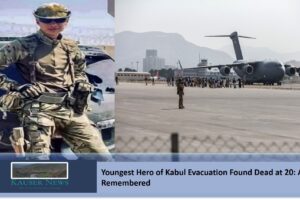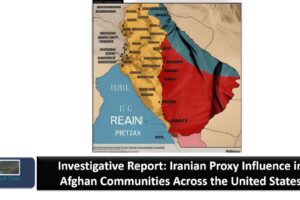Afghanistan stands on the threshold of a new political chapter. After years of turbulence, uncertainty, and shifting alliances, the coming changes are expected to be less about abrupt power struggles and more about reform-driven adjustments aimed at stability and governance.
Observers within the region and abroad note that the current environment signals the potential for political reform rather than political rupture. Unlike previous periods of transition, where sudden upheavals often reshaped the nation’s power structures overnight, the anticipated changes appear to be unfolding gradually, rooted in the recognition that Afghanistan cannot afford another destabilizing shock to its fragile social, economic, and security framework.
Why Reform, Not Revolution?
Afghanistan’s leaders and stakeholders have increasingly come to understand that legitimacy in governance depends not only on control of territory but also on responsiveness to the people’s needs. Issues such as corruption, lack of political inclusivity, and challenges in economic management have generated mounting internal pressure. At the same time, external actors—including regional neighbors and international institutions—are encouraging reform-based solutions rather than radical overhauls.
This dynamic suggests that upcoming political shifts will likely focus on:
- Institutional Reorganization: Streamlining governance structures to improve efficiency.
- Accountability Measures: Strengthening oversight to reduce fraud, waste, and abuse.
- Greater Inclusion: Bringing diverse social, ethnic, and political groups into decision-making.
- Economic Reforms: Addressing financial mismanagement and creating opportunities for investment.
Public sentiment is another driver of change. Afghans at home and abroad have expressed growing dissatisfaction with the slow pace of progress. Voices from the diaspora—especially in Europe and North America—have become increasingly influential in pressing for reforms and transparency. These demands are shaping the narrative that any future political arrangement must be more responsive, representative, and reform-minded.
Afghanistan’s political trajectory is closely watched by neighboring states and international partners. Reform-oriented changes could ease tensions with regional powers, enhance cross-border economic cooperation, and open avenues for humanitarian and development support. Conversely, any delay or resistance to reforms risks prolonging isolation and undermining fragile domestic stability.
Afghanistan’s political future is not set in stone, but the signs point toward gradual reform rather than abrupt transformation. The anticipated changes may not immediately resolve every challenge, but they represent a critical step toward building a more functional, accountable, and inclusive governance system.
In a nation where abrupt shifts have often led to cycles of instability, a reform-centered approach offers a chance to break the pattern. If managed carefully, this transition could lay the foundation for sustainable political stability—something Afghans have long sought and deeply deserve.





